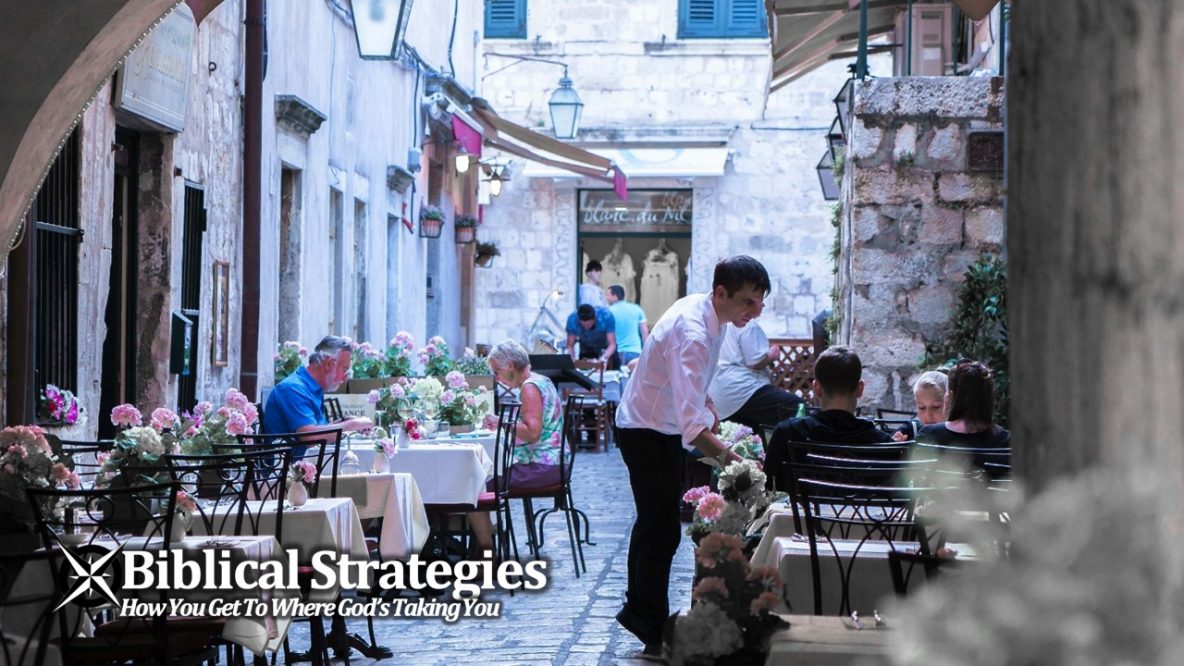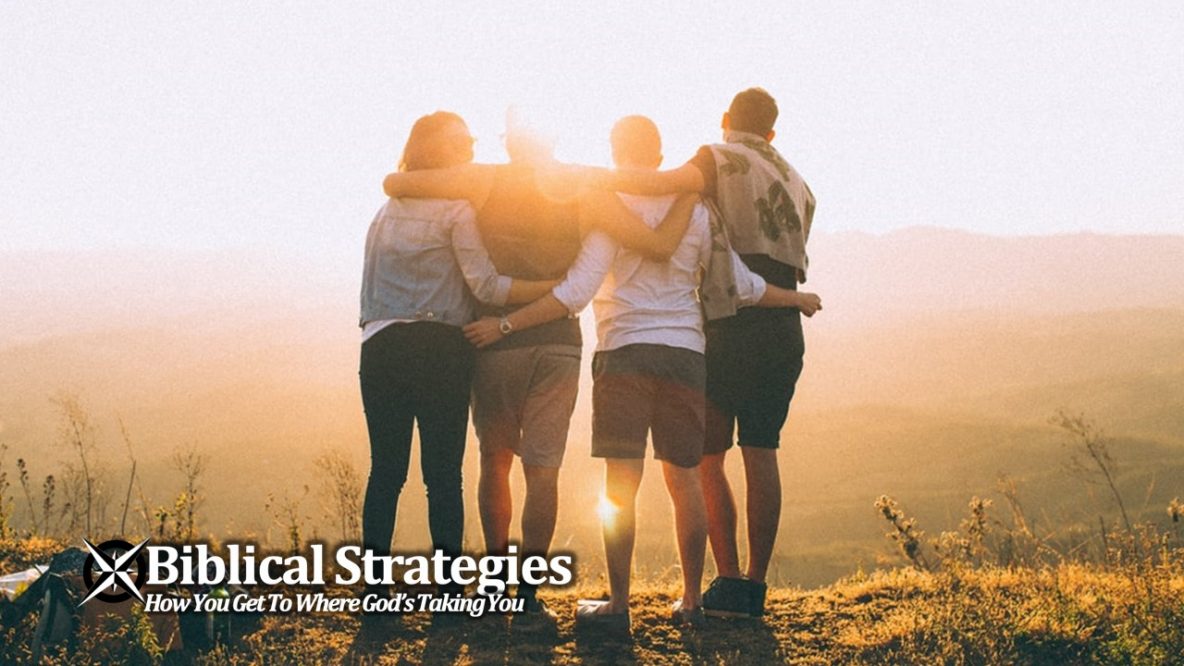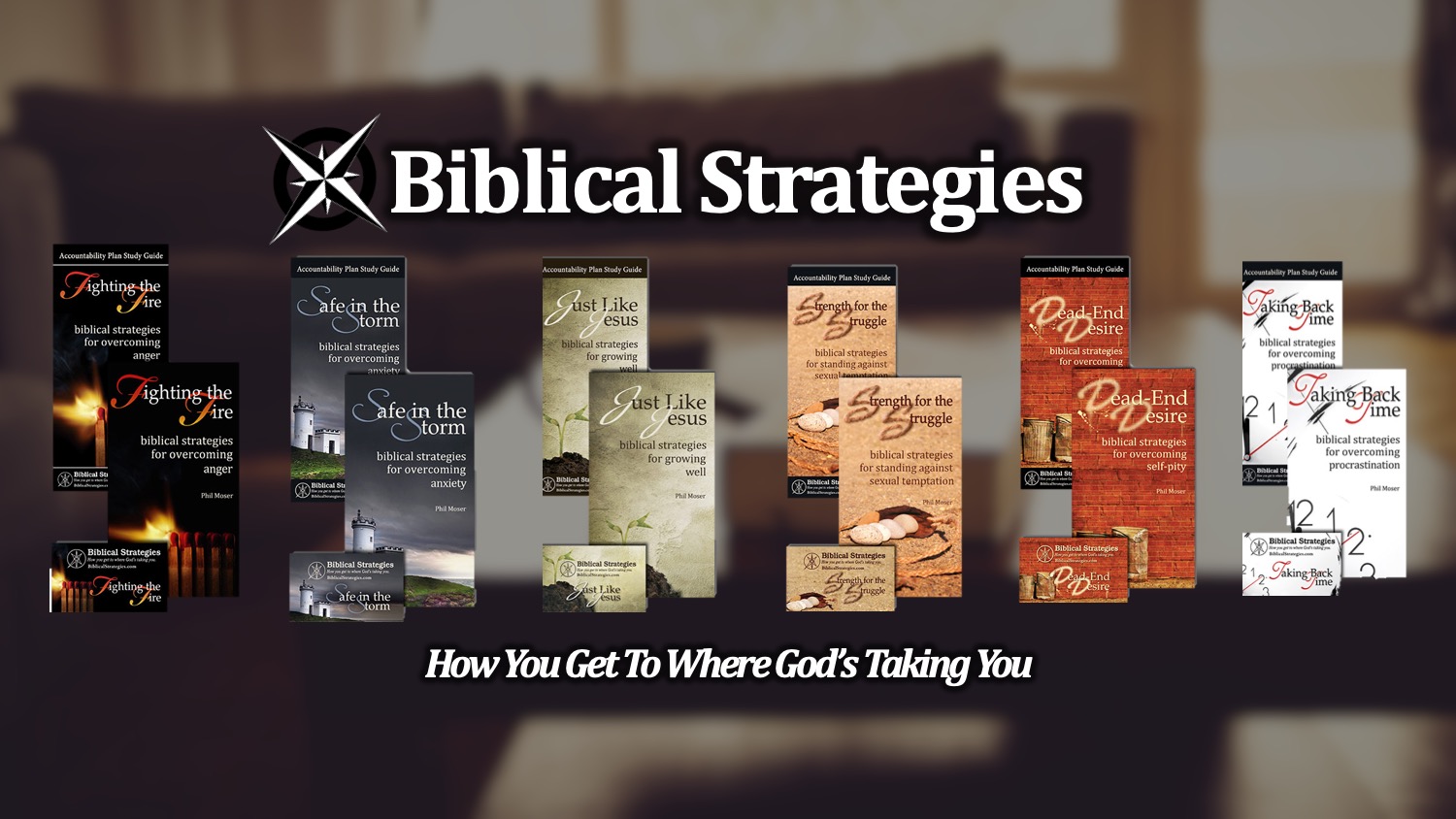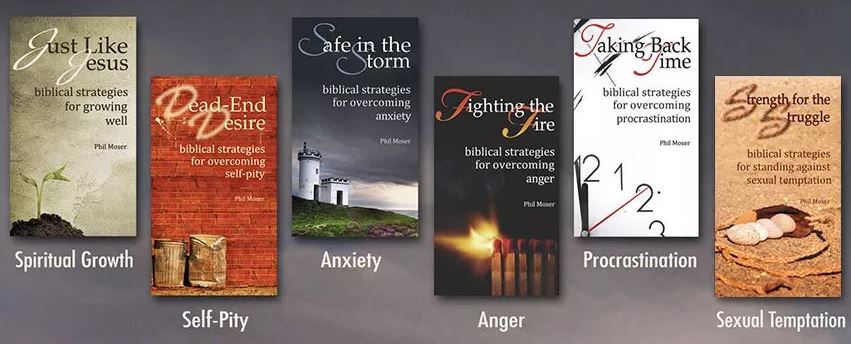How to be Thankful 24/7
Most of us can find ways to be thankful at least one day a year. Especially, when the day is filled with things we love to eat, games we love to watch and the company of people we enjoy. But when outrage and angst fill our newsfeeds every other day of the year, how do we extend our “thanksgiving spirit” beyond the fourth Thursday of November?
For the last several months I’ve been using a special journal to guide me in my personal time with the Lord. It’s called the Kairos Journal, and it prompts me with thoughts like: Scripture memory, prayers, intentions and reflections on how God has made himself known to me personally.
But the best new habit it has helped me develop daily is a pattern of gratitude. Each day, I start my time with the Lord by listing 3 things I’m grateful for. It’s a simple task but a powerful one. It’s enabled me to develop a thankful spirit every day of the week.
I have found it additionally helpful to be specific in my growing gratitude list each day of the week. So, I’ve alliterated each day of the week for greater specificity. Here’s my list.
Ministry Monday
Each Monday, I list 3 things I’m thankful for in ministry. Things like: fellow servants, past mentors, opportunities to serve and God’s faithfulness. To the Colossians, Paul wrote, “We always thank God, the Father of our Lord Jesus Christ, when we pray for you, since we heard of your faith in Christ Jesus and of the love that you have for all the saints” (Col. 1:3-4)
Tribal Tuesday
Each Tuesday, I give thanks for my family (my tribe). I list specific qualities I’m grateful for in my wife, kids, and grandkids. James said, “Every good gift and every perfect gift is from above, coming down from the Father of lights…” When was the last time you thanked God for the family members he gave you? Imagine the benefits doing that each week of the year.
Wearisome Wednesday
Wednesday becomes the day I thank God for my trials. This is a special discipline, and one I realized I hadn’t practiced consistently. We naturally complain about our difficulties but rarely give thanks for them. On this day of the week, I think through past trials and present ones. Things in the future that I’m worrying about for which I can give God thanks. Paul wrote, “…we rejoice in our sufferings, knowing that suffering produces endurance, and endurance produces character, and character produces hope” (Rom. 5:3-4).

Theology Thursday
On this day of the week, I remember key attributes that God possesses that I’m grateful for. We have become too circumstantial in our praise to the Almighty. When things are going well, we often praise him, but when life is hard, we don’t. I have grown by rehearsing his qualities as described in the Bible. He is unchanging (Mal. 3:6). So, while my circumstances go up and down, God’s character does not. The Psalmist wrote, “For the LORD is good; his steadfast love endures forever, and his faithfulness to all generations” (Psa. 100:5).
Fortunate Friday
On Friday, I list some of the ways God has specifically blest me. It’s good to enter the weekend giving him thanks for his provision and protection, both physically and spiritually. Our news agencies bombard us with “bad news” headlines. It’s good remember that in the midst of the bad news, God is the good news. The Psalmist recorded, Enter his gates with thanksgiving, and his courts with praise! Give thanks to him; bless his name! (Ps. 100:4)
On the weekends, I don’t categorize my thanksgiving, I simply look around and give God praise. Paul wrote, “Rejoice always, pray without ceasing, give thanks in all circumstances; for this is the will of God in Christ Jesus for you” (1 Thes. 5:16-18).
Be thankful for three things a day, 365 days of the year, and in one year you would have 1,095 items on your thanksgiving list. Imagine reading that list! You will definitely need more than one day a year to express your Thanksgiving.
Phil Moser is the author behind the Biblical Strategies series and 4M Discipleship for men. His unique small group videos are beautifully filmed at National Park locations and are offered free of charge. They are an excellent addition to the Biblical Strategies family of resources.














